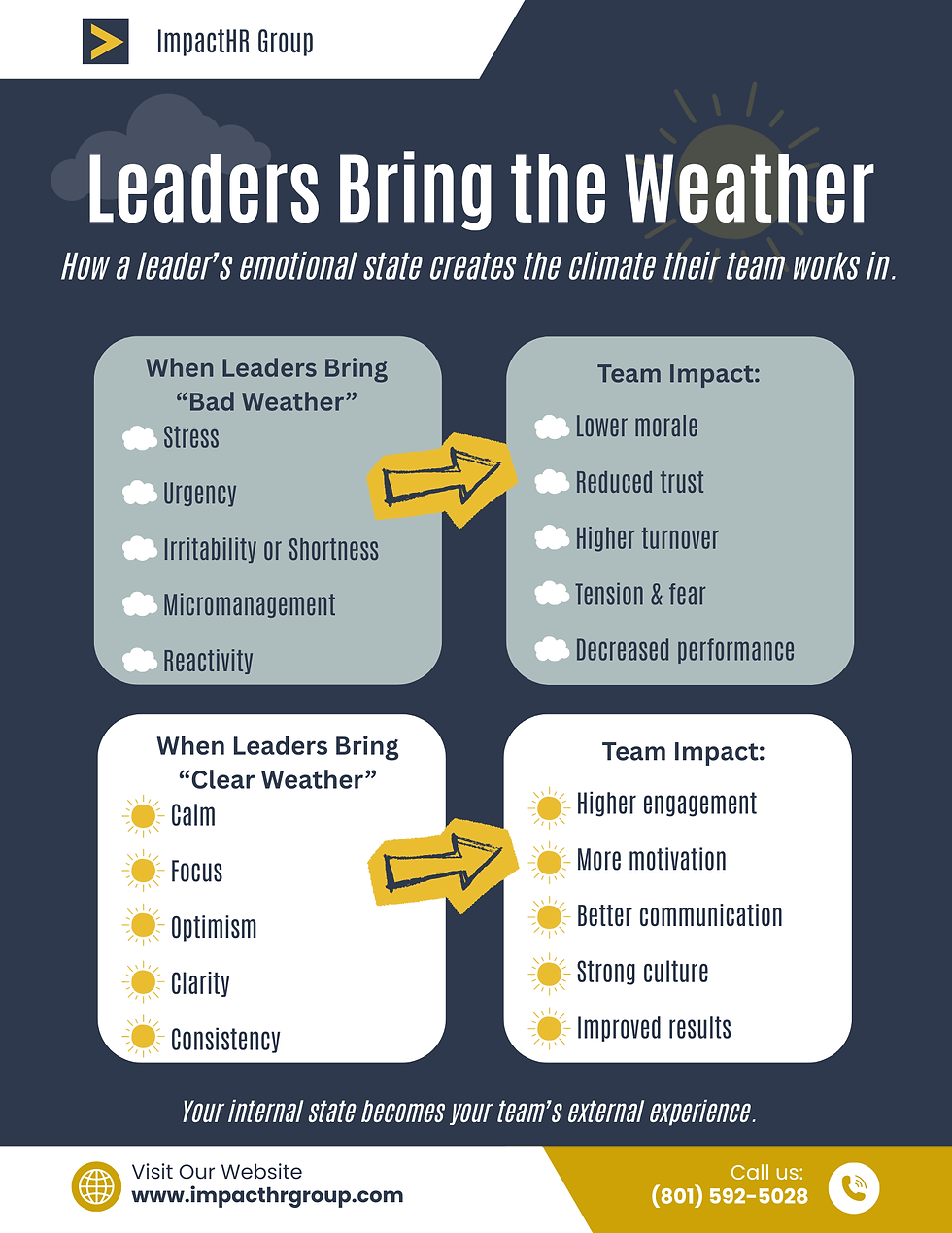The Future of Work: AI won’t replace you, but a person using AI might.
- Jennie Ward

- Sep 24, 2024
- 4 min read
By Eric Dyches- with an AI-powered text generation tool (Chapgpt) assist
With the rapid rise of generative AI technologies such as ChatGPT (OpenAI), MidJourney, Google Cloud AI, Perplexity, Claud Ai, and countless other platforms, the workplace is evolving at a mind-blowing pace. These tools are becoming commonplace across industries—from content creation and software development to legal and financial services. As with any groundbreaking technology, there is a lot of fear, primarily around job security. Many wonder, “Is AI going to take my job?” The answer is nuanced. AI itself isn't necessarily poised to take your job, but the individual who understands how to effectively harness the power of generative AI might.
Here’s why that distinction is crucial.
The Nature of Generative AI: A Tool, Not a Replacement
Generative AI is incredibly powerful—it can write reports, draft marketing copy, analyze datasets, and even generate legal contracts. However, at its core, AI is a tool. Like any tool, it requires someone who knows how to wield it effectively. Think of generative AI as a hammer. The hammer doesn’t build the house—the carpenter does. But the carpenter with the hammer can build a house much faster than one without it. In the same way, generative AI can make people more efficient, but it cannot replace the human judgment, creativity, and strategy that are vital to most jobs.
This brings us to the critical factor: the individuals who understand how to use AI can unlock enormous productivity and innovation. It’s not about AI taking jobs, but rather about those who integrate AI into their workflows becoming exponentially more valuable. Their ability to combine human skills with AI capabilities will likely make them indispensable in their fields.
Efficiency is the New Competitive Edge
In every industry, efficiency drives competitiveness. Consider an editor in a publishing house. Before generative AI, this editor might spend hours proofreading manuscripts. Today, with AI-powered tools, much of that grunt work can be done automatically, allowing the editor to focus on higher-level tasks—like refining the narrative, working with authors on story structure, or guiding creative direction.
The same goes for nearly every profession. Financial analysts using AI can rapidly evaluate markets and make predictions, freeing them to focus on strategy. Marketers can use AI to generate ad copy, then concentrate on overall brand positioning. It’s the combination of human intelligence and machine precision that will win the day.
So, if someone can use AI to deliver the same (or better) results in half the time, they naturally become the more attractive employee or consultant. Over time, organizations will gravitate toward hiring those who can blend AI with their expertise, pushing those who rely solely on traditional methods to the margins.
AI Alone Lacks Judgment and Context
One reason AI can’t replace people outright is that it lacks the ability to exercise human judgment. For all of its computational power, AI doesn’t understand context, nuance, or ethics in the way that humans do. While AI can analyze data sets, it takes a skilled professional to determine what data is most relevant and how to act on it.
A lawyer, for example, could use AI to scan case law and generate legal arguments. But it still takes a lawyer to interpret that information in the context of a specific case, apply it to a client’s unique situation, and make sound legal decisions. The same is true for executives, teachers, HR professionals, and creatives. AI will never replace the intuition, critical thinking, and emotional intelligence that humans bring to the table. What it will do is augment those skills, allowing individuals to perform at a much higher level.
Adaptability Is Key to Job Security
The best way to ensure job security in the age of AI is not to resist the technology but to adapt and learn how to use it effectively. Just as employees in the early 2000s had to learn how to use email, spreadsheets, and the internet to stay relevant, today’s workforce must learn how to leverage AI tools to keep pace with innovation.
In fact, the workers who will thrive in the coming years aren’t necessarily the most experienced or the ones with the most technical knowledge. Instead, they will be the ones who are willing to continually learn, adapt, and embrace new technologies as they emerge. Employers will value employees who can not only do their jobs but also improve processes through AI-driven innovation.
Conclusion: It’s Not AI, It’s the People Who Master It
AI isn’t here to take your job. Instead, it’s the person who learns how to harness AI’s capabilities that you should be concerned about. In the workplace of the future, knowing how to use generative AI effectively will give you a distinct advantage. Those who master this technology will be able to do more, do it faster, and deliver better results. Rather than being replaced by machines, professionals who pair their unique human skills with AI will become even more indispensable.
In the end, AI will reshape the workforce, not by eliminating jobs, but by enhancing the individuals who know how to use it. The future belongs to those who evolve alongside the technology, becoming the invaluable bridge between human ingenuity and machine efficiency.



Comments